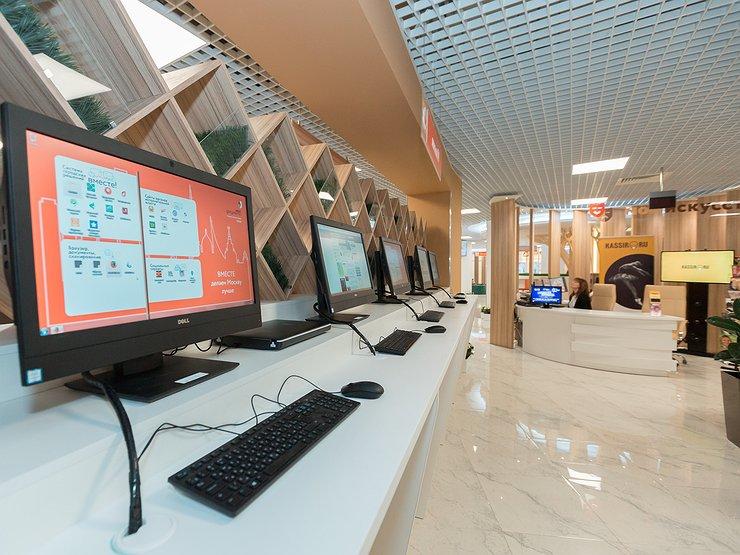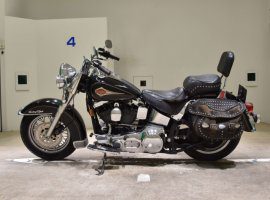
NFTs have become synonymous with overpriced digital art, so why is Alfa Romeo using them in their cars like the 2023 Tonale?
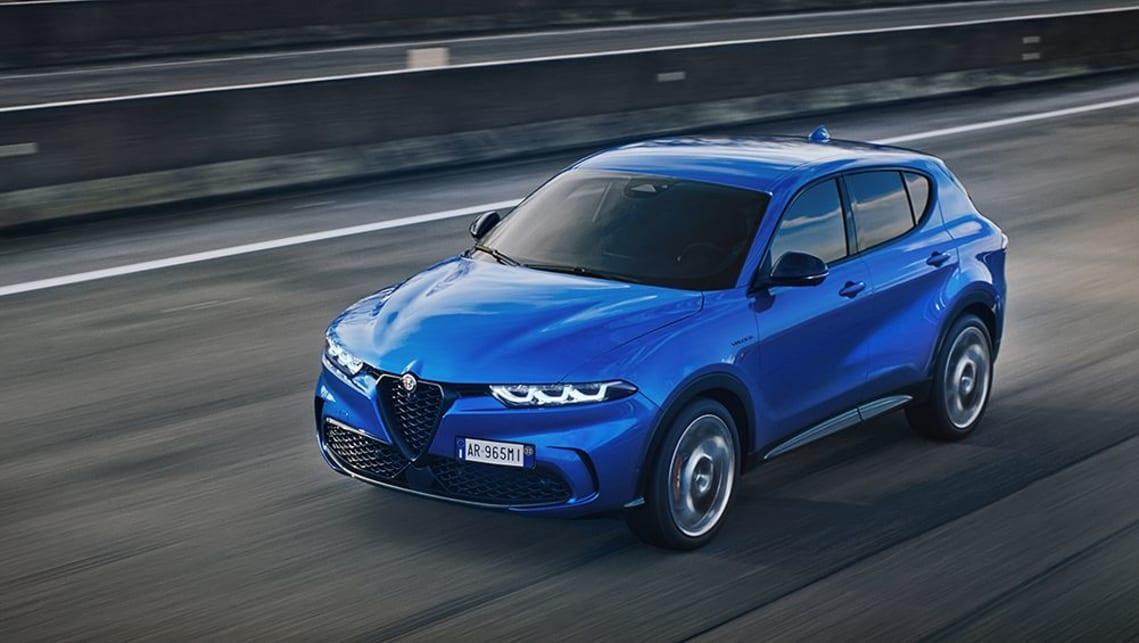
The new Tonale small SUV is the first Alfa Romeo model available with NFT.
Over the past year, NFTs, or Non-Fungible Tokens, have been widely reported since digital artist Beeple's NFT was sold at auction for nearly A$100 million, and since then the trade in NFT art and NFT scams has skyrocketed. However, while the automotive world has flirted with NFTs before — mostly as proof of ownership of rare or highly coveted vehicles — Italian automaker Alfa Romeo has announced that it will be assigning NFTs to every small Tonale SUV it makes.
It's a bold undertaking for a car manufacturer given that NFT technology is still in its infancy, but Alfa's NFT plan is indeed quite ingenious and far from the behavior of other automakers.
Why? This is a track record that cannot be faked.
The ‘F’ in NFT stands for ‘fungible’, meaning it’s not possible to copy it or imitate it. Each NFT is, in theory, as unique as your fingerprint, and that gives them a great deal of utility when it comes to making information trustworthy.
And for Alfa Romeo's NFT strategy, the buzzword they're chasing is 'trust', not 'NFT'. All manufactured Tonales will receive their own NFT-based service book (although Alfa Romeo says it will be activated on a voluntary consent basis), which will be used to track "the milestones in an individual car's life." we can assume that this refers to its production, purchase, maintenance and possibly also any repairs and transfer of ownership.
Because NFTs can be updated with new information, they replace traditional paper-based documentation and dealer-level electronic documentation as a record of what happened to a vehicle and when. For people looking to purchase Tonale in the used car market, having a reliable source of this information will no doubt be of the utmost importance.
But what makes NFT so reliable? Since they operate on a blockchain principle, where a network of computers work together to verify the creation of tokens, as well as every transaction involving them (which in this case will happen when one of these life events occurs, such as an oil change or a disaster recovery), an NFT-based record cannot be changed after the fact by a single fraudulent operator - they would need the network as a whole to validate the transaction, and given these developments, they would probably also be dated, adding a few more records of an oil change for a car that had been neglected over time scheduled maintenance would simply not be possible.
But what else could be stored on a vehicle’s NFT? Well, as it turns out, almost anything.
“Never raced”
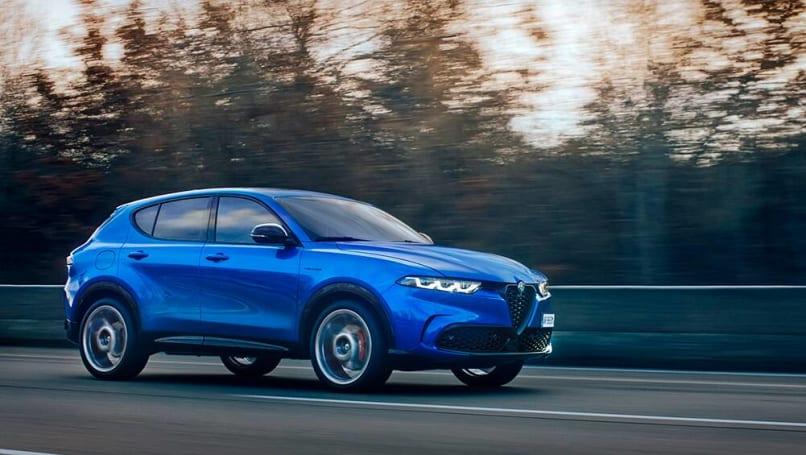
Black box data, for example. Modern automotive electronic control units (ECUs) are capable of recording a surprising amount of data, with peak data such as engine speed, vehicle speed, brake application being most often stored as a record in the ECU until overwritten by new data or will not be cleaned by a technician. This information usually stays in the vehicle until needed (either by technicians trying to diagnose a malfunction or, more grimly, by investigators trying to piece together the circumstances of the accident), but potentially this information could also be written to the NFT.
Does the seller say they never took the car to the racetrack, or that it was only used to go to church on Sundays? Looking up the NFT might tell a different story.
Quality Ingredients
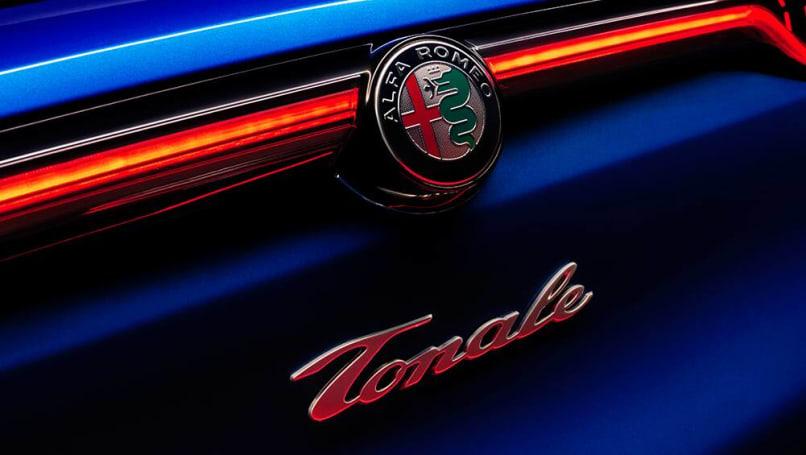
Now Alfa Romeo has just announced the NFT feature in Tonale, so details are still scarce (we don't even know which particular blockchain it will run on, for example), but something that will certainly help improve reliability. the Tonale NFT service book will contain detailed information about which parts were used in its maintenance.
Were these new original parts? Were they remastered originals? Perhaps they were aftermarket instead? All this can be recorded in the NFT along with any other relevant information such as a specific part number or even its serial number. This will not only add transparency to the service history, but also make it much easier for the manufacturer to recall products in a faster and more targeted manner.
But... it's not perfect.
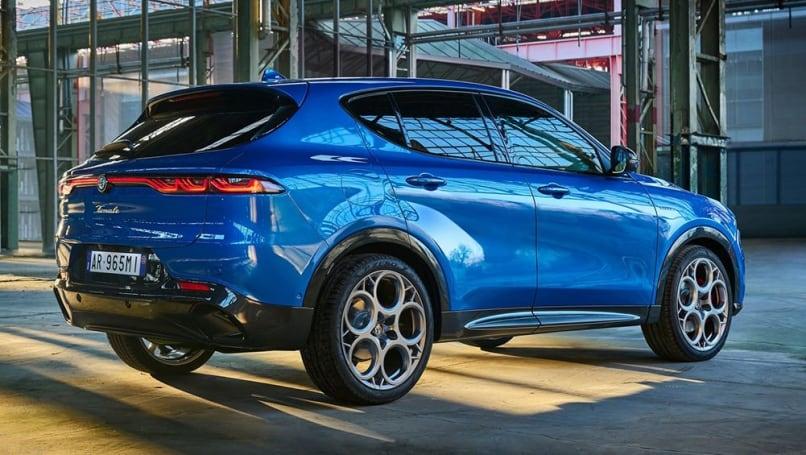
As clever as the Alfa Romeo NFT idea is, it's not entirely infallible. First, one might assume that Alfa Romeo's service department knows how to update the NFT and has an incentive to do so, but what happens when the car goes beyond this system and is taken to an independent mechanic? Will Alfa Romeo share the necessary information with third parties or hide it in order to force owners to stay in their dealership ecosystem?
There are also potential environmental costs. NFTs are notorious for being particularly energy intensive in creation and transactions (remember that they usually require an entire network of computers to create, and those networks can be millions of computers), and adding indirect CO2 emissions to the car doesn't help. seems like a wise move in 2022.
However, we do not know which blockchain Alfa Romeo will use, and not all NFT blockchains operate on energy-intensive principles. In fact, some have deliberately adopted a much less demanding methodology (if you want to get into the Wikipedia maelstrom, look up the difference between "proof of work" and "proof of stake"), and it would be reasonable to assume that Alfa Romeo would have chosen one of these options. However, at this point we just don't know. We also don't know if the NFT feature will be enabled in cars bound for Australia, and we probably won't know until its local debut in 2023.
But what is apparent is that this is definitely the first mature use case for NFT technology as a tool, rather than a speculative investment instrument or a digital certificate of authenticity. It will not only be interesting to see how it’s implemented once the Tonale enters showrooms, but also what brands adopt the technology as well. With Alfa Romeo being part of the Stellantis family, NFT cars could spread to brands like Chrysler, Dodge, Peugeot, Citroen, Opel and Jeep in the not-too-distant future.
